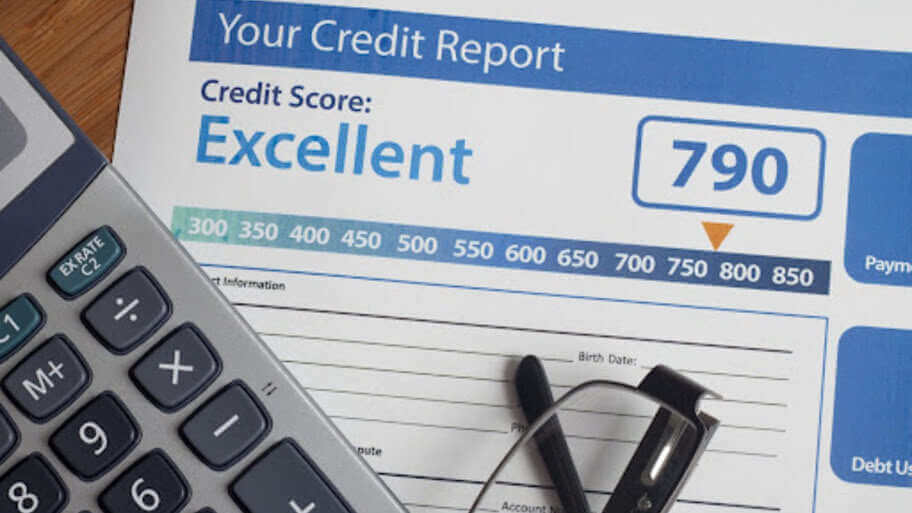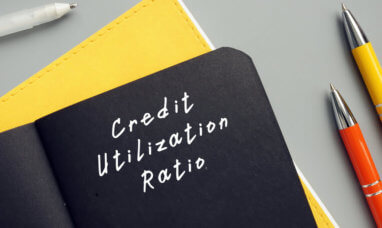Often promoted as a tool to help those suffering from bad credit, a Credit Privacy Number (CPN) is a nine-digit identification number, sort of like a Social Security number (SSN).
The point of getting a credit privacy number is to use it in place of your SSN when applying for credit. That way, rather than evaluating your real credit score, lenders will access the data associated with the credit privacy number. This can supposedly grant you access to new accounts and give you a head start on rebuilding your credit.
If you think that sounds too good to be true, you are right. You should never buy a credit privacy number because they are more than likely part of a scam.
As part of the CPN scam process, these scam artists will often request unusual activities, such as changing your phone number, getting a new email address, or making changes to your driver’s license. Any time you are asked to take questionable actions by unknown agencies, you should trust your instinct and stay away.
The CPNs up for purchase are often real Social Security numbers belonging to children. Attempting to skirt your own identity by using the credit privacy number can get you charged with identity theft. You could find yourself in prison!
So, Why Do CPNs Exist?
The thought behind credit privacy numbers is that you can offer them in place of your Social Security number in an attempt to hide the fact that you have a poor credit score. They are meant to allow you to open new accounts or take out loans that would not be available to someone with your credit history.
However, these are not legitimate. In fact, while your Social Security number is one of the factors credit bureaus use to identify you, they also require things like your phone number and address to confirm your identity. That’s why credit privacy number scammers will often ask you to change this information. The CPN scam requires you to mask your identity from credit companies.
It’s unlikely that you will get away with using a credit privacy number and there may be severe consequences if you are caught. However, CPNs are still being sold by scammers so that they can make money off people who already are having a difficult time.
Finding a Better Way
The best way to avoid these scams is to realize that there is no simple way to quickly change your credit. You certainly can change your score, but no simple hack will successfully boost it overnight.
So when a company promises you a new credit identity, know that it is likely a credit privacy number scam. Similarly, companies may suggest you get other real identification numbers such as an EIN (Employee Identification Number). None of these numbers should ever stand in for your SSN.
If you want to get out of a bad credit rut, you’re going to have to follow tried and true traditional methods. The right strategy will give you the credit improvement you desire, which will open up a whole new world of possibilities for you with loan agencies and credit card companies.
The Legitimate Method to Raise Your Credit Score
Rebuilding will take time, but damage done to your credit can be repaired. Negative issues will eventually drop off your record, and you can actively correct other credit mistakes.
Here are the facets you need to tackle to achieve a stellar credit score:
Payment History
Payment history is 35% of your credit score. That’s the majority shareholder in the credit business. So if you have missed payments in your past, that’s a major factor in a low credit score. Fortunately, you can turn this around. The following tricks will work if you’ve suffered from payment failures or are rebuilding credit after a repossession.
There are always companies out there willing to give you a shot and help you get back on your financial feet. If your goal is to reach a good credit score such as 720, a credit rebuilder program might be a great choice for you.
One such option is a secured credit card where you make a deposit (usually $200-$500 dollars) upfront and use that as your credit balance. These cards tend to accept customers with any credit score since your deposit mitigates the risk of lending to people with poor credit histories. Since you can only use the card for money you have in the account, you won’t have to worry about accruing interest.
With most secured credit cards, the company will report your payments to the credit bureaus as a paid credit debt, which will enhance your credit score. However, you should watch out for fees that may come with these cards.
Some financial applications such as Chime offer free credit builders without a required deposit. You simply put in any amount you want before you use it. Shop around for options!
Once you have a credit card, only use it for payments that you can pay off immediately or at least before the end of the month when interest kicks in.
Debt to Credit Ratio
A further 30% of your score is based on this aspect. Your debt to credit ratio is the percentage of the credit limit available on all your credit cards that you are using. The bottom line is that the more free credit you have, the better. You want to make sure you are only using 30% or less of your available credit to score well here.
To maintain a low debt to credit ratio and boost your credit score, pay off your debts as soon as possible. Doing so will open up more free credit on your cards.
Credit Account Longevity
The third most important factor considered in your FICO score is how long your credit accounts have been open. To attain a positive credit score, you want as many longstanding accounts open as possible. The good news is that once an account is open, it begins to build longevity, so it’s merely a waiting game here.
However, you should be careful of acquiring a new card in addition to credit accounts you already have. Adding a new account will lower the longevity average of your debt to credit ratio, which will harm your score. Closing a long-standing account will have the same effect.
Key Takeaways
You should avoid the CPN number scam at all costs. Instead, learn the legitimate ways to rebuild your credit score. These strategies will prove rewarding in the long run and keep you out of serious trouble.
Featured Image: Megapixl








